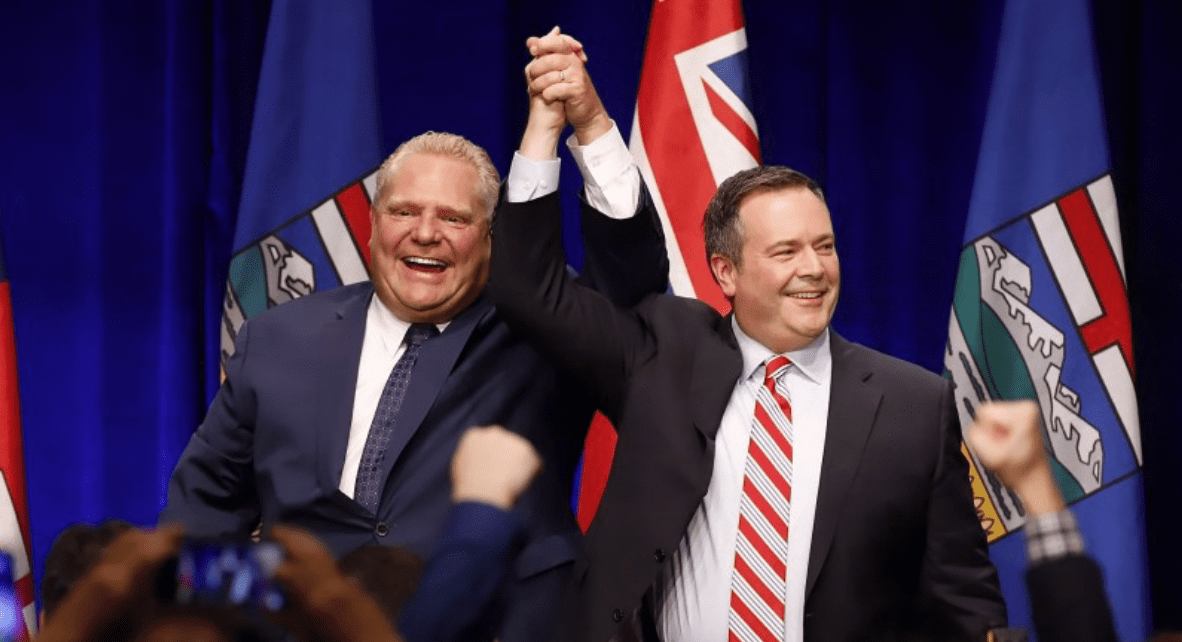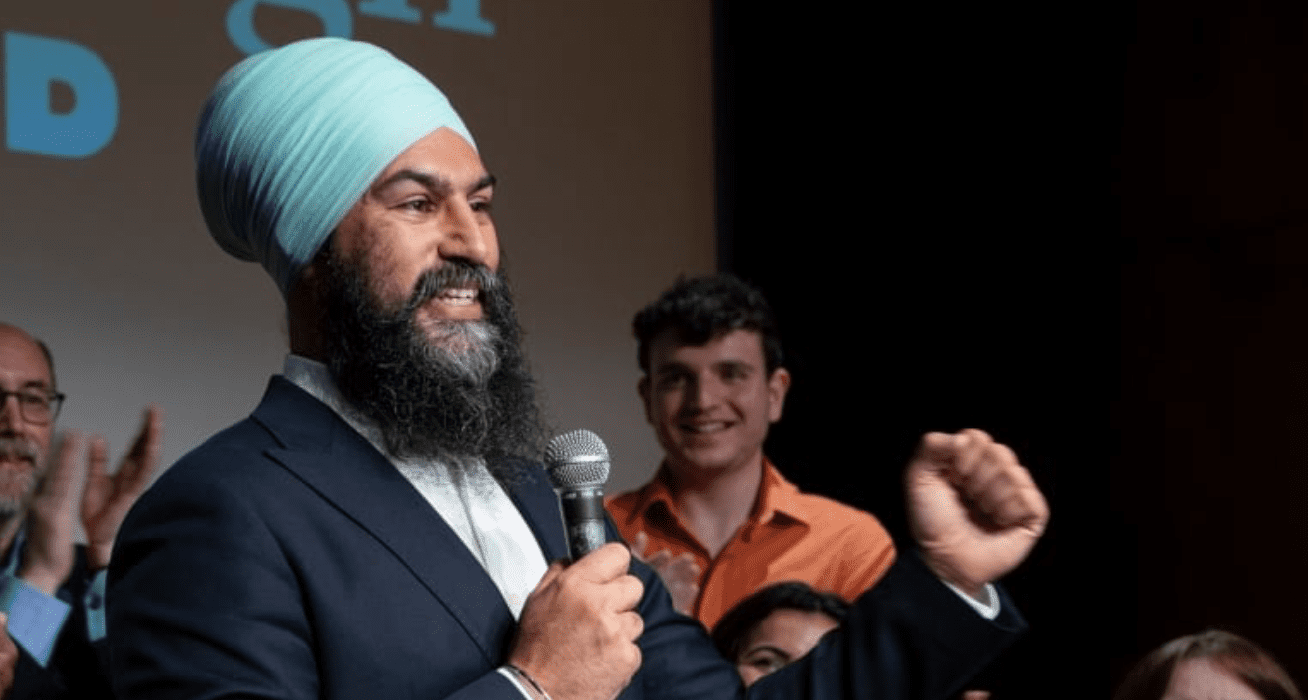I want to connect a bunch of disparate things in the news lately because boy is it all a bit annoying right now out there in #cdnpoli.
Let's start with a new axiom: Conservative policies are not popular. That's perhaps why, last year, Doug Ford's Ontario Conservatives didn't put out much in the way of a platform. It's why he promised no one would lose their job, and you could basically keep Kathleen Wynne's social programmes but somehow cheaper — and also beer.
But after a year of Conservative chaos, cuts and callousness, Ford's polling numbers are worse than Wynne's were at the end of her five-year mandate, and the end of fifteen-years of Liberal government. Never before has a political fallen so fast so quickly.
Turns out implementing a Conservative agenda, especially if done in a chaotic manner, is not popular. That's seemingly why Ford tried to run as something other than a Conservative.
Meanwhile, Jason Kenney is less than a month into his premiership of Alberta, and for some unfathomable reason, he is spending his time campaigning for Andrew Scheer in suburban Ontario ridings. It's bizarre, and if Wynne or Rachel Notley had done the equivalent, they would have been savaged for campaigning rather than governing. As it is, Wynne took heat for campaigning for Trudeau in her own province; I cannot imagine what grief she would have faced had she campaigned in Alberta.
Yet, one cannot help but view Kenney's intervention as an implicit criticism of the actual Tory premier of Ontario; they had to bring in outside help because Ford may be toxic to Scheer.
More generally, Scheer needs to recognise the pickle he's in. It's a bad look for him to have the impression created that he needs to rely on the two big boys on campus to get elected. True, Justin Trudeau did lean on Wynne a bit in 2015 at the beginning of the race, but he never felt like he was deferring to her or using her as training wheels. Scheer, on the other hand, looks like he's the kid brother to Doug and Kenney, even as he goes through an effort to position himself as a possible future prime minister through his vision-statement-style speeches.
It's all a bit odd: we have a premier of Ontario who wanted to be mayor of Toronto, a premier of Alberta who wanted to be prime minister of Canada, and a Conservative leader who wants to be his own man but looks like he's reliant on the big boys.
And to extend the convolution a bit further down Bay Street from Queen's Park — we have a mayor of Toronto who wanted to be a Conservative premier who some pollsters insist on testing whether he'd have a lead in a prospective Ontario Liberal leadership race. Those same polls show the agreed frontrunner running in last place, and the polls themselves make no attempt to ensure their segmenting includes people who are actually entitled to vote in a Liberal leadership race, ie Liberal Party members.
Apropos of nothing, by the way, one of my favourite podcasts is 538's and I love the section they do called "good use of polling or bad use of polling".
As we mercifully transition from a long winter into summer, with a campaign now more weeks than months away, the Liberals still have their own troubles, turning the page from the SNC Lavalin never-ending story and finishing up the business of government to the realities of campaigning.
I guess what I'm feeling is a sense that Canadian politics is somehow a bit unmoored, things are a bit farcical and I'd really like politicians to mercifully give us all a break this summer.
At the same time, every day we learn that the climate crisis is here, it's worse than we thought, and this country still lacks a robust plan to do anything about it; instead, we're debating pollution pricing like it's somehow controversial and not the universally agreed best but bare minimum policy from an ecological and economical standpoint.
Jason Kenney tried to give a press conference abolishing a carbon tax as Alberta burned this week. I suppose that's our generation's equivalent of Nero and his fiddle.
Photo Credit: Toronto Star








